Hego Euskal Herria housing unions take the first steps to act organized
- Jump from coordination to organization. To this end, several housing unions in Hego Euskal Herria met on 29-30 October, bringing together about 100 militants. The Basque camps Dorrekoa de Goñi have marked a milestone in the struggle for housing and have been elected by the I Housing Union of the Southern Basque Country. To carry out the meetings, and are happy with the result, the weekend coexistence has served not only to get to know each other, but also to exchange experiences and learning, to train and start working together with common bases and borders.

About two years ago, in the context of COVID-19, there was the union explosion of housing in the Basque Country. By that time, the Housing Union of Vitoria-Gasteiz had begun to work. Most of the existing groups did so in the midst of the pandemic, aware that the current situation meant an aggravation of housing problems and the need to organize themselves in the face of the problem. To make a cut in the path taken, look at the space traveled and reflect collectively on the immediate future, the First Housing Union of Bizkaia. A year ago, meetings were held in Basoa (Artea). Within a year, the movement has made a qualitative and quantitative leap, since the approach of the meetings has gone from territorial to Hego Euskal Herria.
For the first time they have met in the Barrio de Vitoria-Gasteiz Bizi, Haritu de Pamplona, Saretxe de Donostia, Hegoalde Uribe Batua, AZET de Bilbao and the Galdakao Mutual Assistance Network. To a large extent, the I Southern Basque Country has been the starting point for working together. Housing Union Meetings. The organization of these meetings has been the excuse for starting to meet, and now that the meetings have passed, the intention is to continue the march that has taken place in recent months. Thanks to the reflections and debates of these days, they have a roadmap for this. As before, the goal is for each to continue to work specifically in his or her village or neighborhood by responding to local reality, but organizing and correcting forces with other unions. To this end, during their stay in Goñi, they have begun to establish common theoretical and political bases and frameworks of work. They have not taken on any challenge, but they speak of humility; according to the organizers, meetings are only the beginning of the road they would like to see fruitful.
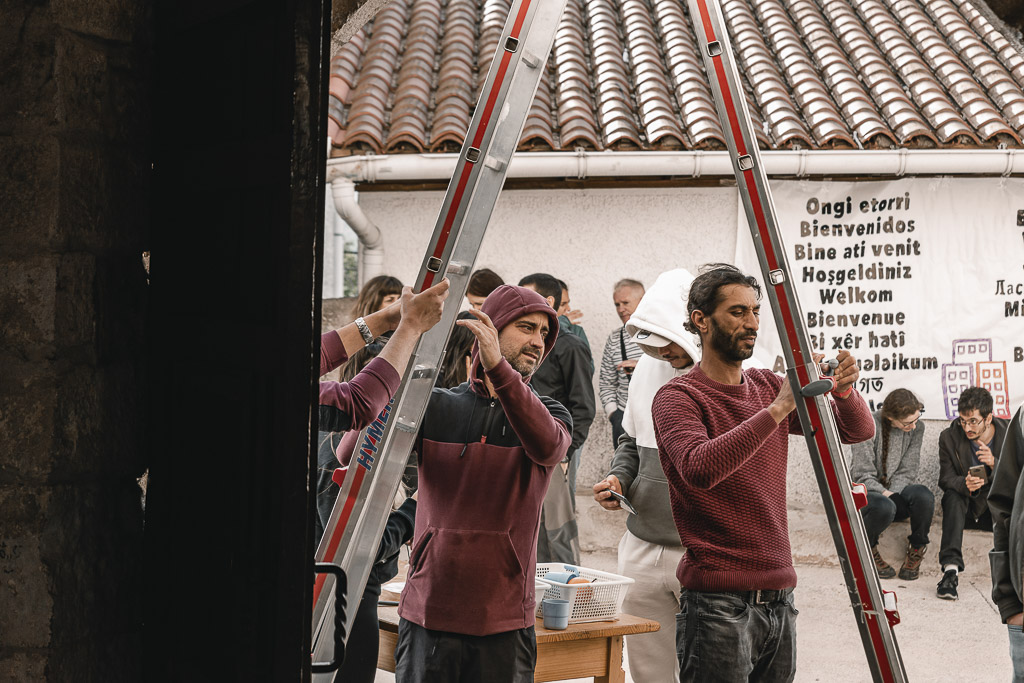
Although the programme was prepared for 29 and 30 October, the previous day approached Goñi. They showed up, the next day they cared about the final touches and as they prepared dinner, without realizing the vitality and warmth of the shelter. The people who spent the night there were responsible for preparing the reception of members who came on Saturday, with welcome signs in different languages and lunch. After some time for the newcomers to settle down and get healthy, the program began.
Saturday morning was dedicated to presentations and mutual knowledge. At 11:00, two or three members of each union sat back at the table to introduce themselves to others. The way each union works, the obstacles and enemies encountered so far, and others were briefly discussed. They also dedicated their space to personal experiences, since among the speakers were members with some housing problem. They explained on their own what it has been like for them to organize housing within a union: one emphasized the importance of finding the protection received and the community that is maintained; another spoke of the reluctance of those at risk of being evicted in a small town to socialize the problem; others were grateful for having improved material needs thanks to the union, from living on the street to living in a home; and the unions as a source of hope and hope. Once the presentations of the different groups were made, they immersed themselves in the dynamics of bringing mutual knowledge to a personal level; it was time to explain to the following who he was, what collective he was, where he came from... After the first approximations, they began to lay the first foundations of the political community for food.

The afternoon was devoted entirely to training. They met in the plenary to begin outlining the organization among them, reflected on the limits of the struggle for housing and the possibilities and challenges to overcome them, and established three lines of joint organization: anti-repression, training and communication. Once theoretical training was completed, it became more practical. Negotiation, resistance and direct action, oral communication, the press and social networks… They deepened in various areas with the aim of deepening knowledge, resources and capacities. The efforts made throughout the day led to tiredness being replaced throughout the night by informal formal spaces: supper softly, gather the kitchen and give way to music bingo. The space used for the end of the day, for thinking and discussing became a party hall. If you can't dance, it's not my revolution, even if nobody tells you, bodies were talking like this.
More than one thanked the time earned to sleep as a result of the change in time. In fact, on Sunday morning I demanded to wake up again: it was planned to dedicate time to food to theoretical training. They focused on the class struggle in the first part and the housing movement in the second. Those present reaffirmed the fact that the struggle for housing from the point of view of class, from feminism and anti-racism began in the joint path. After identifying some issues that each union should discuss with its militants and with the challenges and objectives sufficient to resume work, the formal aspect of the meetings was closed. It was time to say goodbye, and the farewell coincided with the second call for the meetings, enlivened by the music of Silvio and Rodríguez.
Next to the last chords, it was time to take the road home, clean the space, collect sleeping bags and collect the backpack. Between toothbrush, towel, notebook and sock, people returned home with lessons, experiences and reflections collected in the last two days. Thus, it seems that the return to Goñi was carried out with a higher load than that provided. But there are contents that, instead of loading, alleviate the road, and as you can guess from the smiles that were drawn on the faces of fatigue, the burden they were carrying on their back was of this kind. It will have to be seen, but these meetings can be a stimulus for the housing unions in the Basque Country.
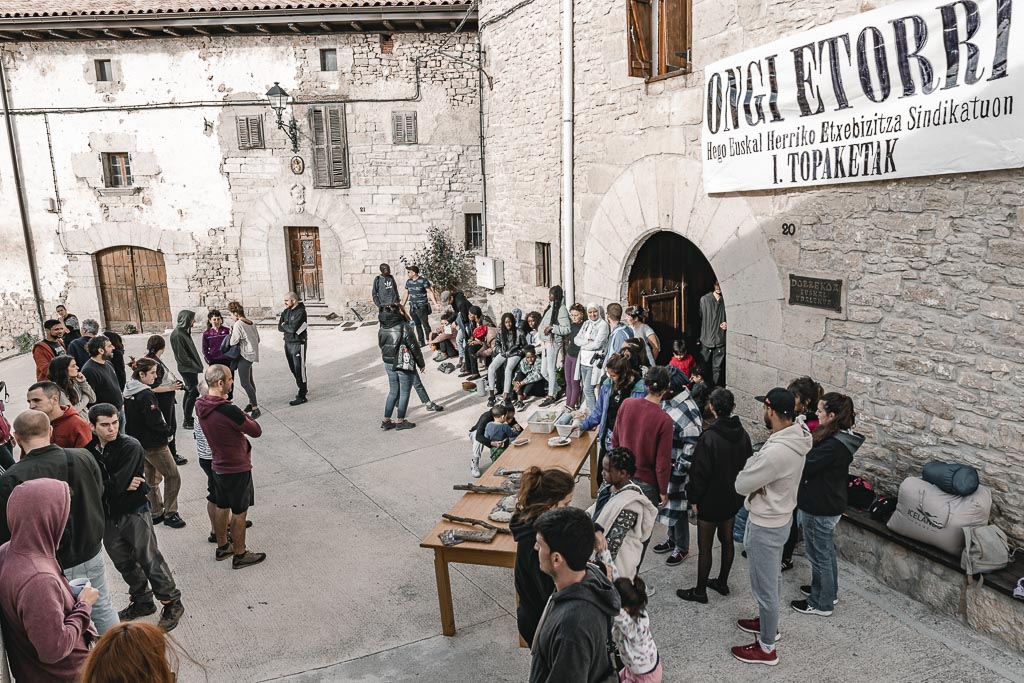
The Department of Education doesn't understand why public employees have gone on strike. He's got to ask the LAB Syndicate. This union signed an agreement with the department in April 2023. Two years later they have also called for a strike because, unlike the previous ones, the... [+]
The year 2025 will lead to a general policy of establishing shorter working weeks, bringing low costs for new hires for companies and an effective direction of change in labour relations.
With the aim of complying with the Spanish government agreement, the reform to shorten the... [+]
I received your e-mail in personal mail on the strike portals. At first, like many others, I thought it was to let you know what options we have in the face of the strike. But no, the e-mail received was a political and communicative movement against the strike.
I will confess... [+]








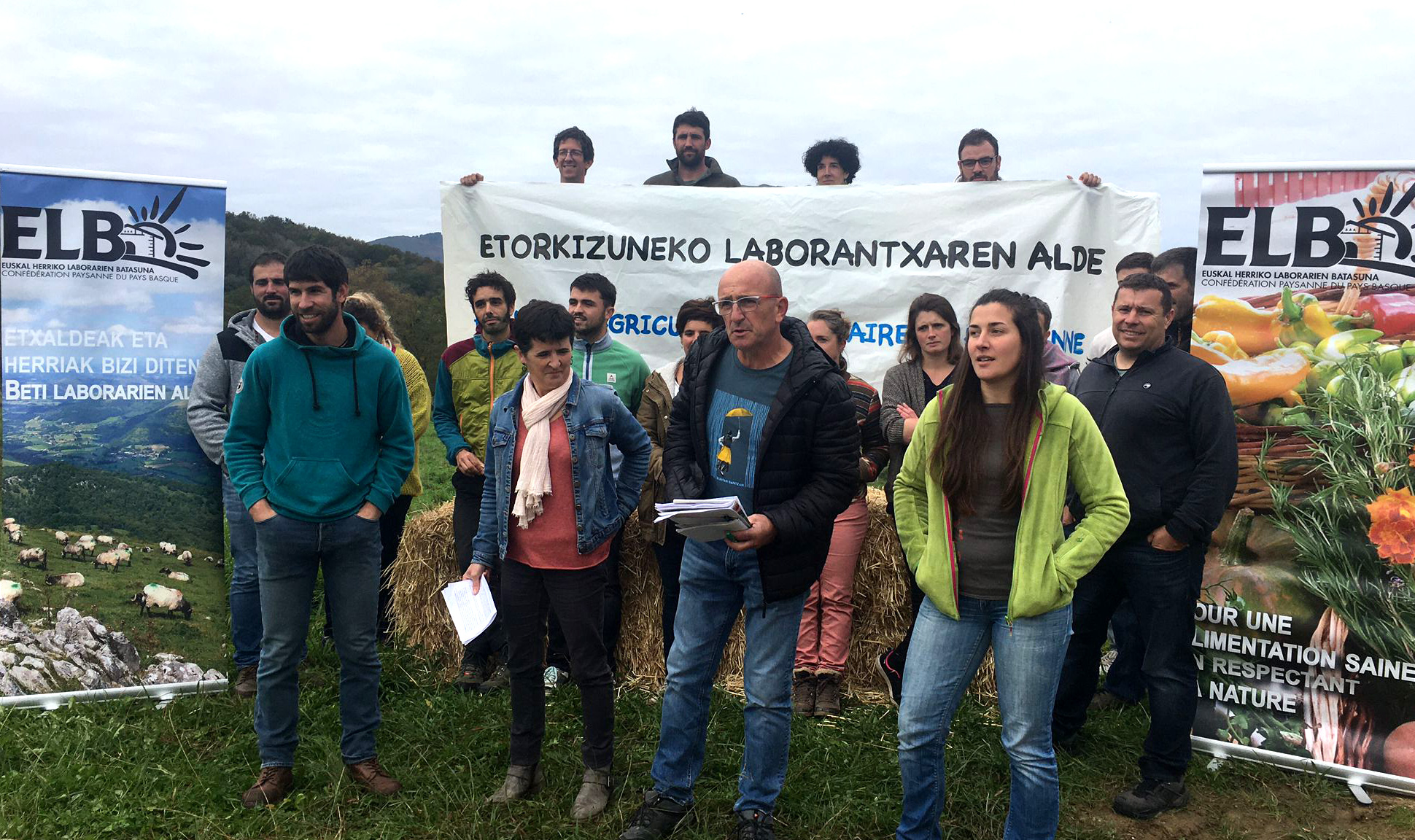
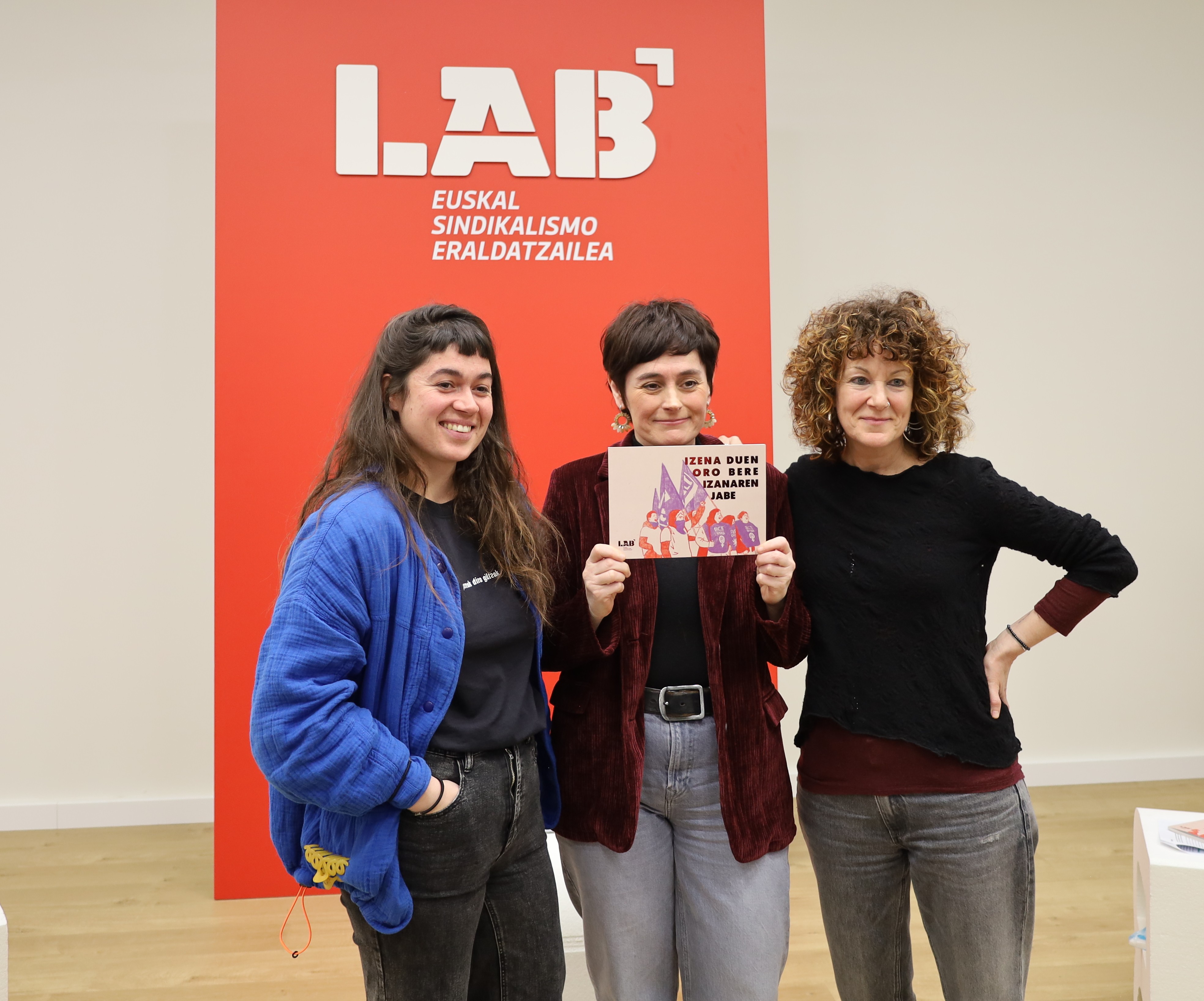

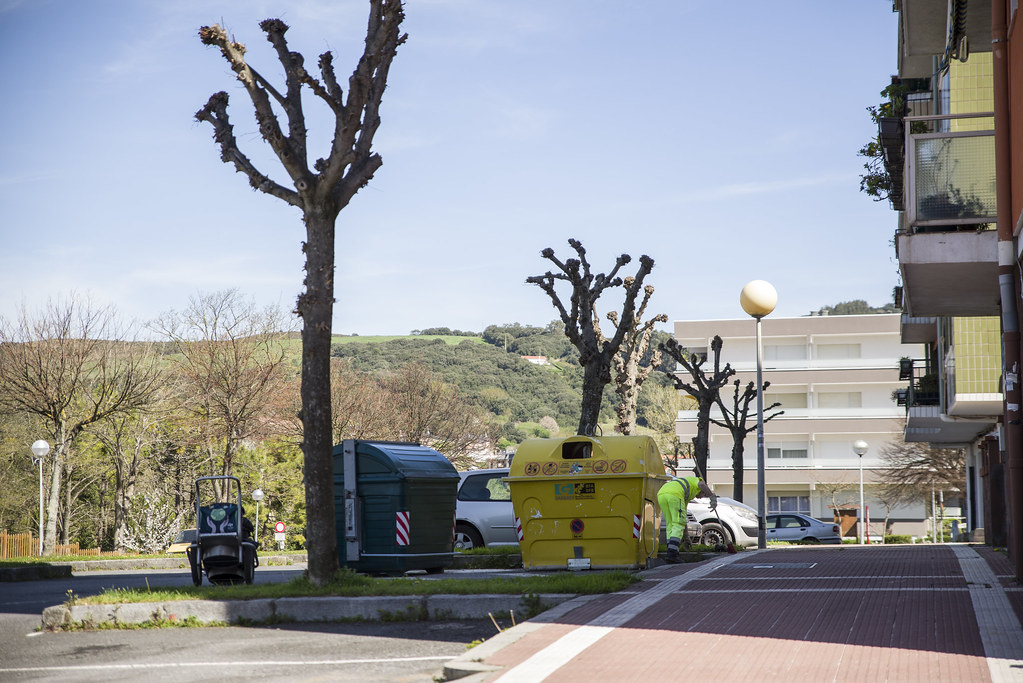
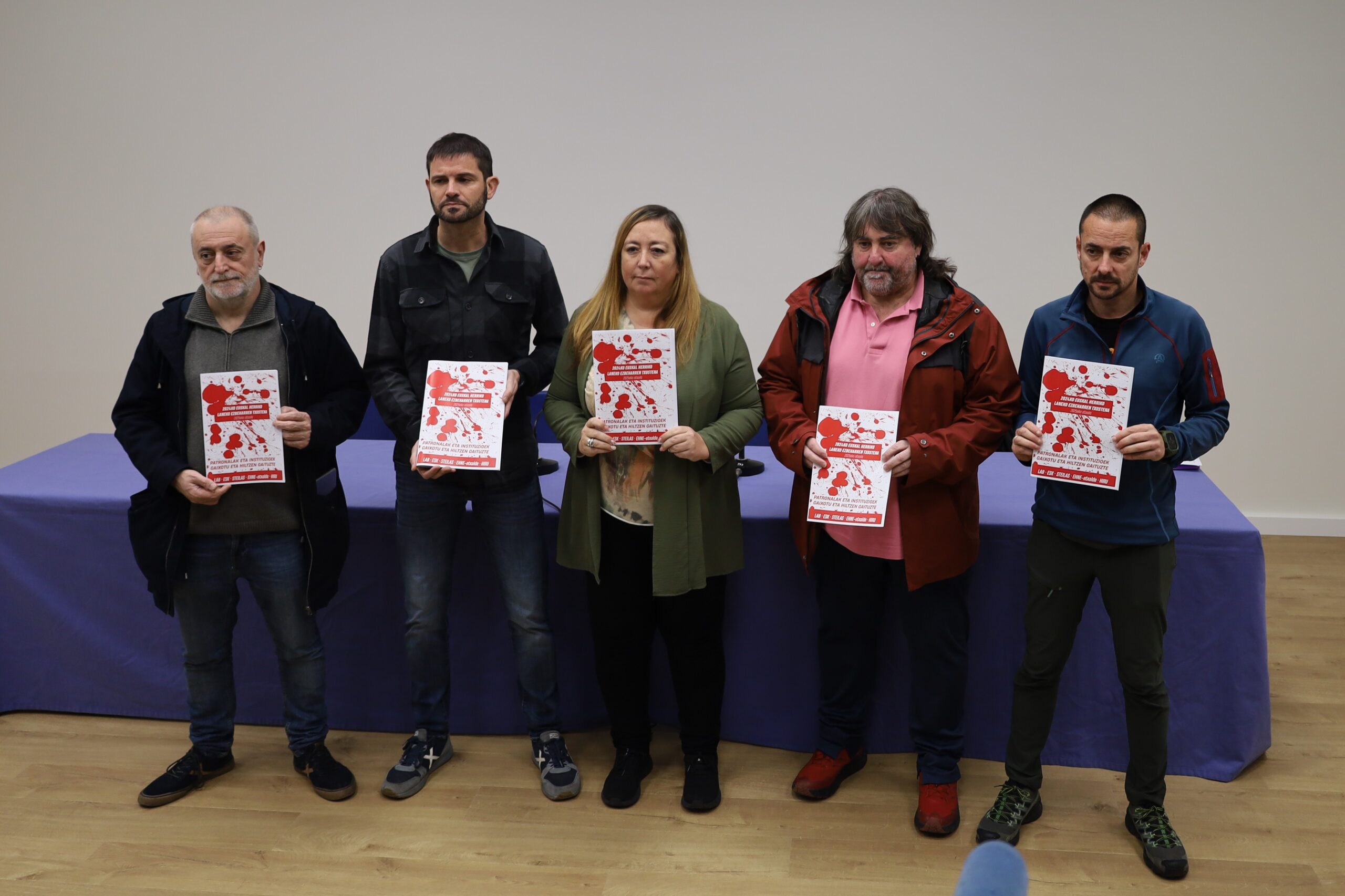

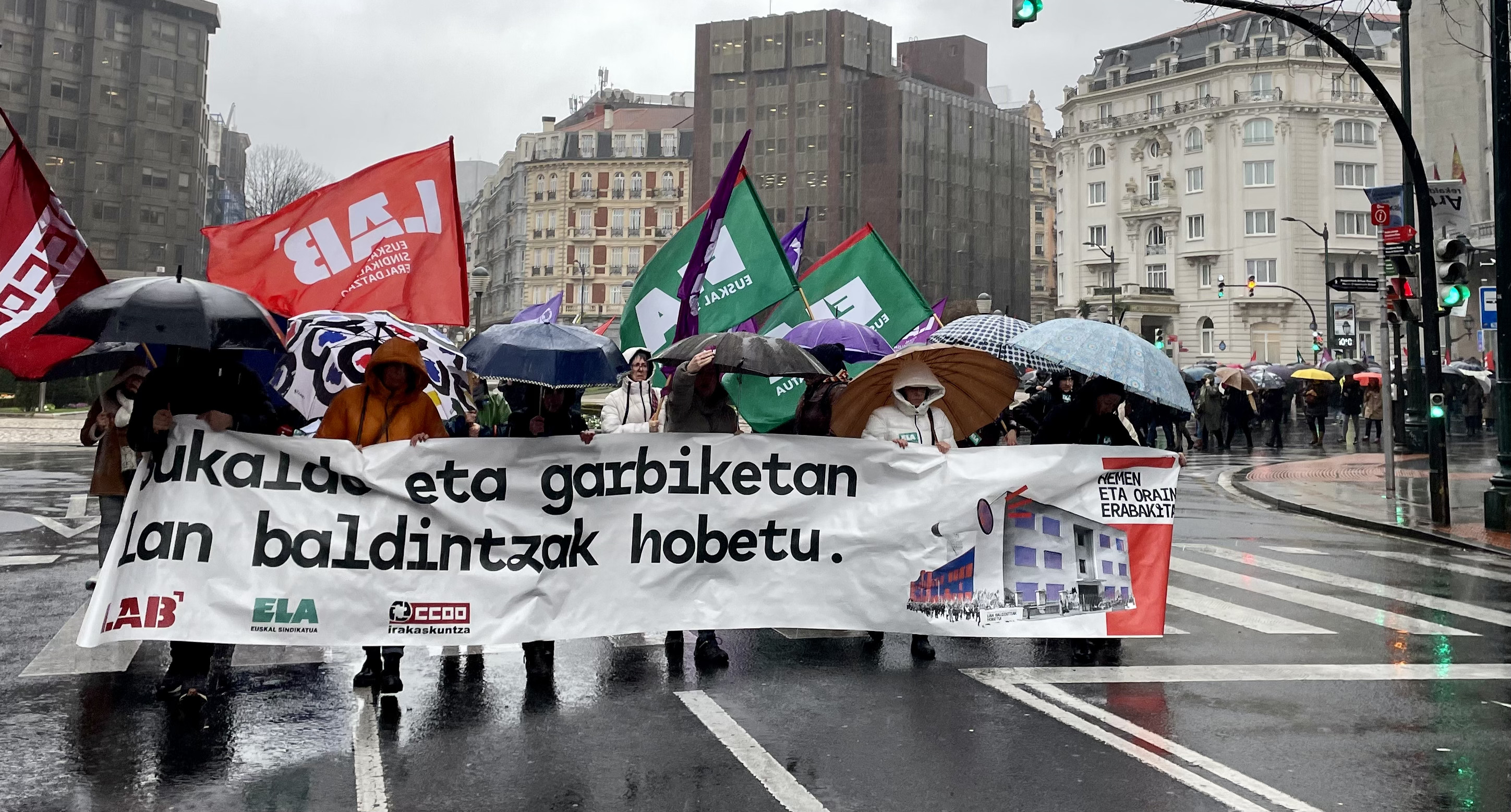
.jpg)

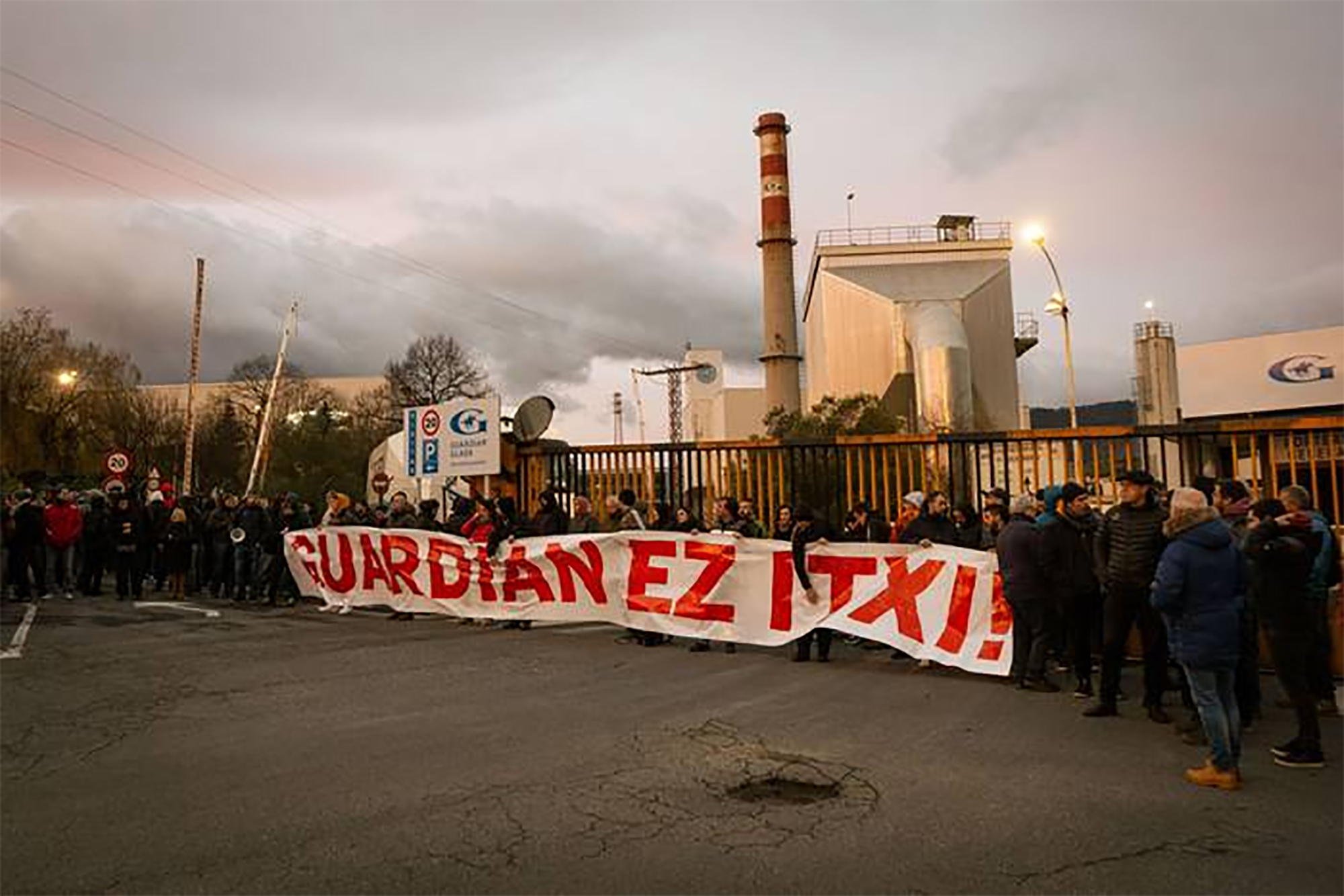


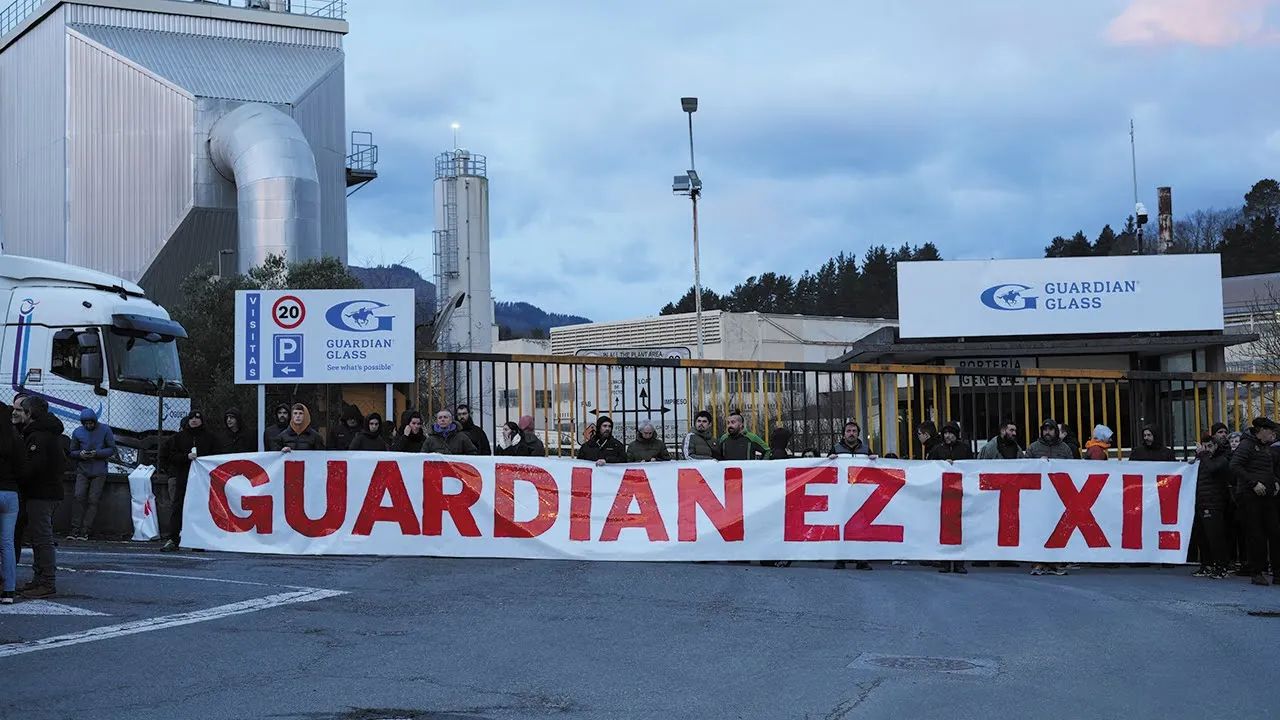
.jpg)